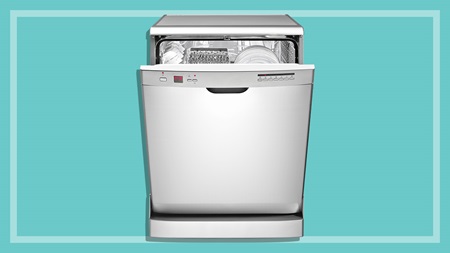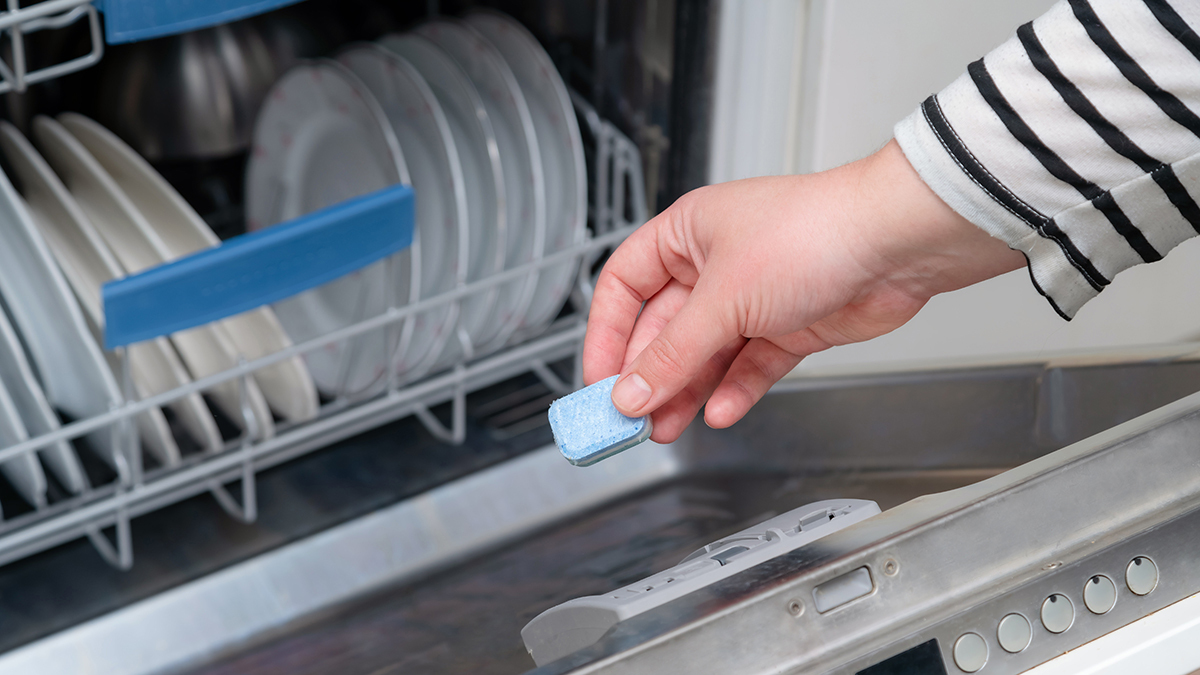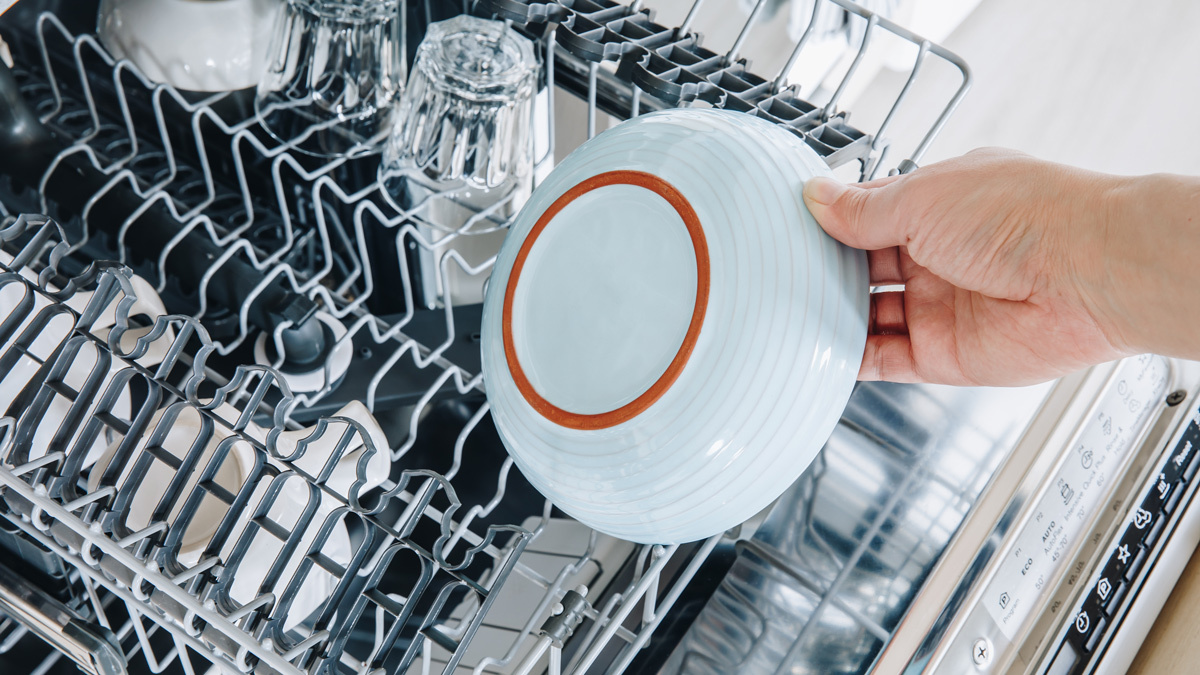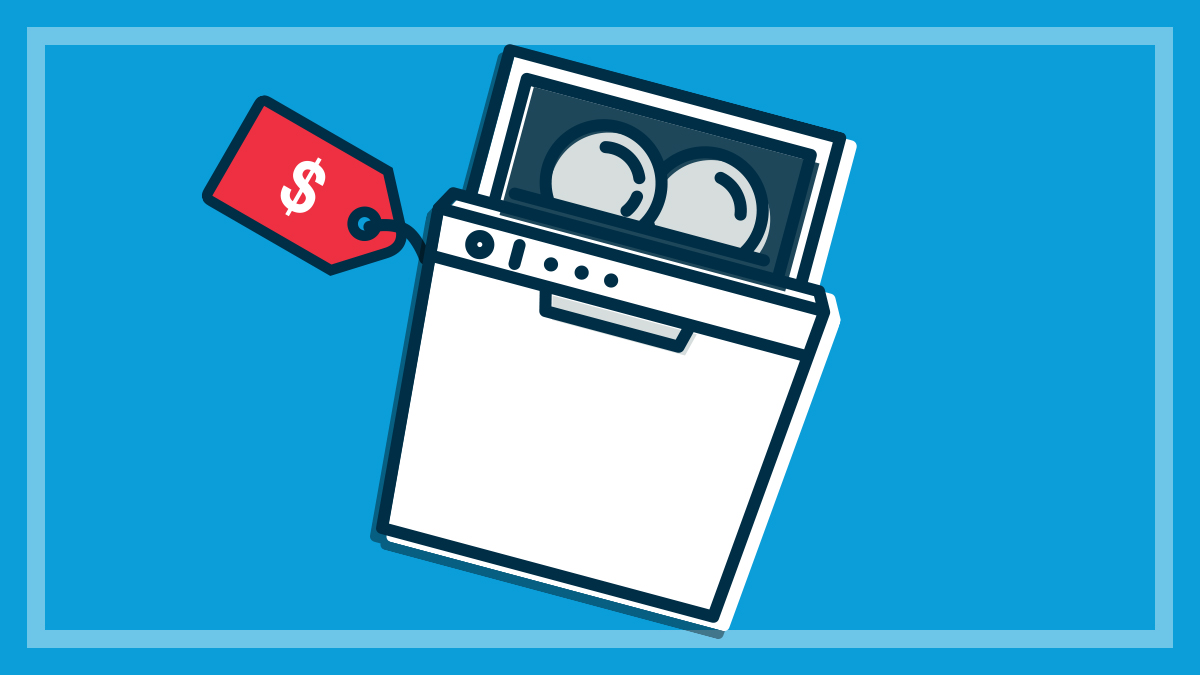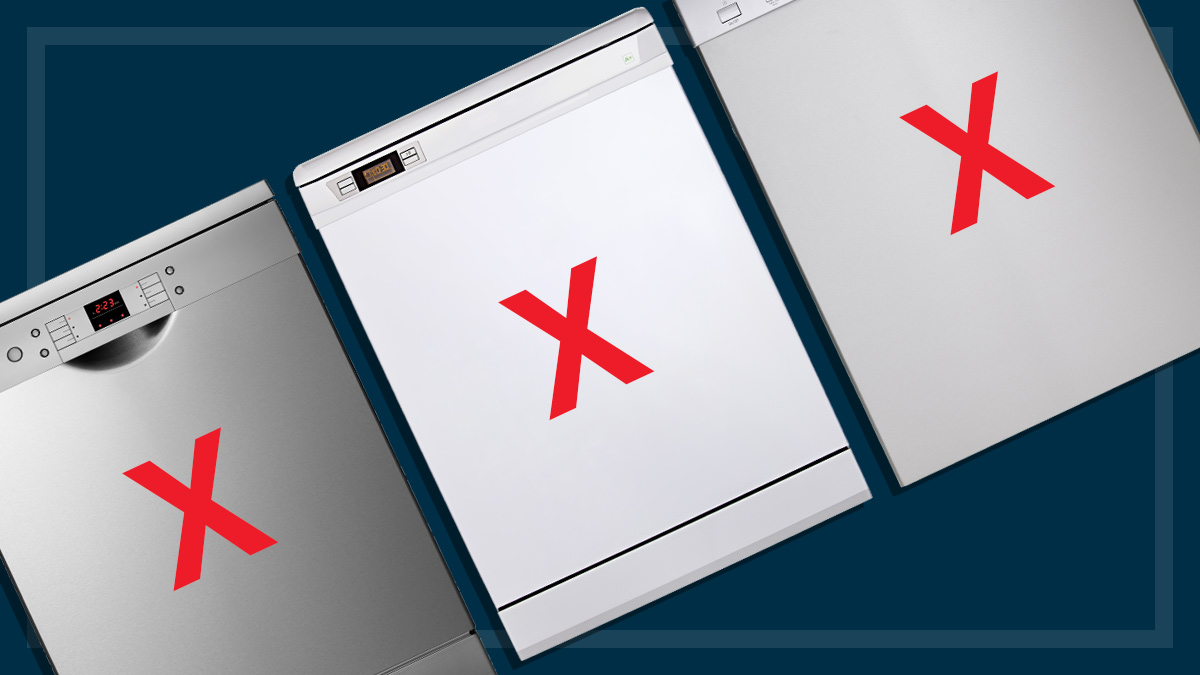Get our independent lab tests, expert reviews and honest advice.
The most energy-efficient dishwashers

There’s no question that dishwashers are efficient users of water – they’re more water efficient than washing by hand – but how do they fare in terms of energy efficiency? And will the energy star rating give you a simple answer to that question?
Well, it’s complicated. And unfortunately energy star ratings aren’t always a helpful way to find an energy-efficient dishwasher. (See below to find out why).
Energy star ratings aren’t always a helpful way to find an energy-efficient dishwasher
So what’s an environmentally or budget conscious consumer to do?
CHOICE whitegoods expert Ashley Iredale talks us through the ins and outs of energy efficiency.
Plus, exclusively for CHOICE members, we’ll tell you which dishwashers are the most energy-efficient, and which energy-efficient dishwashers perform the best (hint: they’re quite different lists).
If you just want to get straight to the best products, you can jump to the results now.
Star ratings and energy efficiency aren’t the same thing
The energy star rating system was designed to give people a simple way to compare the energy efficiency of products the same size, capacity, power and so forth – basically, machines that are very similar, so you’re comparing apples with apples.
“It’s less about showing how much energy a product uses overall, and more about showing which of otherwise similar models is more or less efficient,” Ashley says.
“So for example, a full-size dishwasher that has four stars will still use a lot more energy overall than a smaller model that only has 2.5 stars – but because it’s working efficiently, it uses much less energy per plate than the smaller dishwasher.”
If you’re going to use energy star ratings, make sure you’re comparing similar products
If you’re going to use energy star ratings when you’re shopping for a new appliance, make sure you’re comparing similar products – otherwise you’ll be comparing apples with oranges.
Why you shouldn’t buy on energy star rating alone
If you want an energy efficient dishwasher, you just look for one with a high energy star rating, correct?
Unfortunately it’s not quite that simple.
“Good star ratings sell a lot of machines, because it’s a clear signal to consumers about how efficient an appliance is,” says Ashley.
“Appliance manufacturers obviously want to capitalise on this so they design special programs that use as little water and energy as possible, so they can get the highest energy star rating for the machine.
“In an act of marketing genius they rebadge these programs as ‘eco’ modes.
“But these programs only just meet performance requirements, so even though they’re very efficient they only do a good-enough job of cleaning.”
‘Eco’ programs only just meet performance requirements, so even though they’re very efficient they only do a good-enough job of cleaning
Ashley Iredale, CHOICE whitegoods expert
However, most people use the default mode on their dishwashers – also known as normal or auto mode.
“We test using the normal, auto or default mode rather than the eco mode, so our results will reflect real-world use. It’s also why our energy and water consumption figures may be different from what’s on the star labels,” Ashley says.
CHOICE tip: If you look at the star ratings they’ll actually state what program and settings were used when calculating the savings.
Energy efficiency vs performance
Here’s the bad news: if you want stellar performance, you’ll probably need to give up on your dreams of energy efficiency.
“Our tests show that machines that dry the dishes well tend to be less energy efficient, indicating that good drying performance usually uses more energy,” says Ashley.
“That’s because dishwashers use the last rinse cycle to build up heat in your crockery, which is what gets it dry. Better drying requires more heat, which means more energy used.”
It’s a matter of having to compromise on either performance or energy efficiency
So it’s a matter of having to compromise on either performance or energy efficiency, depending on what your priorities are.
“If you want better performance, select a more intensive program with the knowledge that it’s going to use more energy,” says Ashley.
“Equally, if you want to be more energy efficient, select a lower intensity program but be aware that performance may suffer.”
How to find the most energy-efficient dishwasher
When you’re shopping for a new dishwasher, don’t just look at the energy star rating – it’ll only give you part of the picture.
But don’t buy solely on performance either if energy efficiency is important to you.
Try to find the sweet spot between energy efficiency and performance
A dishwasher that’s energy efficient won’t necessarily give you the best performance – and a dishwasher that delivers the best performance probably won’t be especially energy efficient.
Your best bet is to try to find the sweet spot between energy efficiency and performance.
When we test dishwashers, we assess both performance and energy efficiency, plus running costs, water use, energy use and more so you can find the best dishwasher for your needs.
To find the most energy-efficient, high-performing dishwasher, check our expert dishwasher reviews.
What are the most energy efficient dishwashers?
We independently test and review dozens of new dishwashers each year in our onsite labs, and our experts know exactly what to look for to help you find the best product.
Our detailed diswasher testing data is available exclusively for CHOICE members.
If you’re not yet a member, join CHOICE to get instant access to all of our expert, independent reviews, from fridges and freezers, toasters and TVs, kettles and cots, and more.
Or log in to unlock this article and find out which energy-efficient dishwashers are our experts’ top picks.

